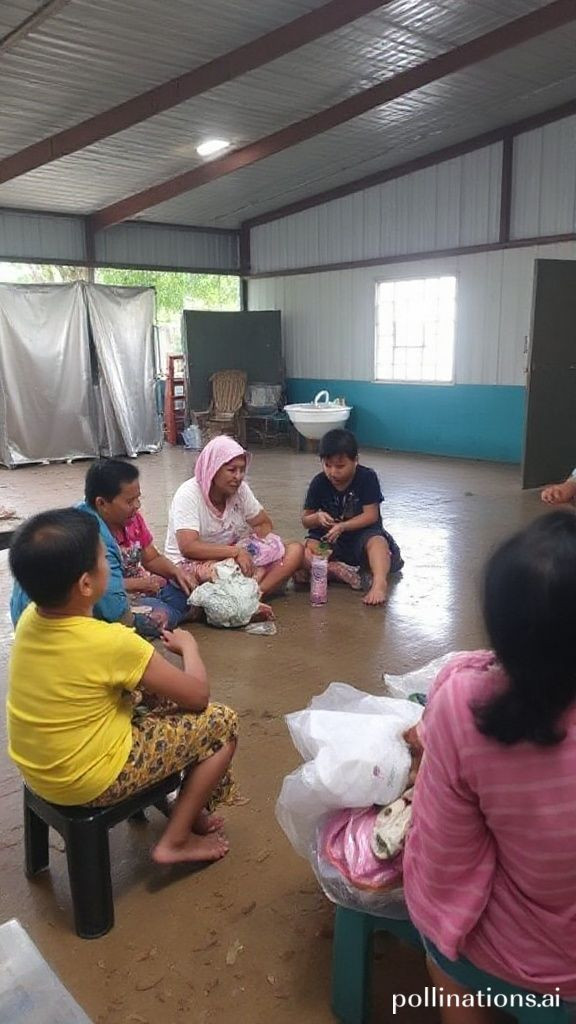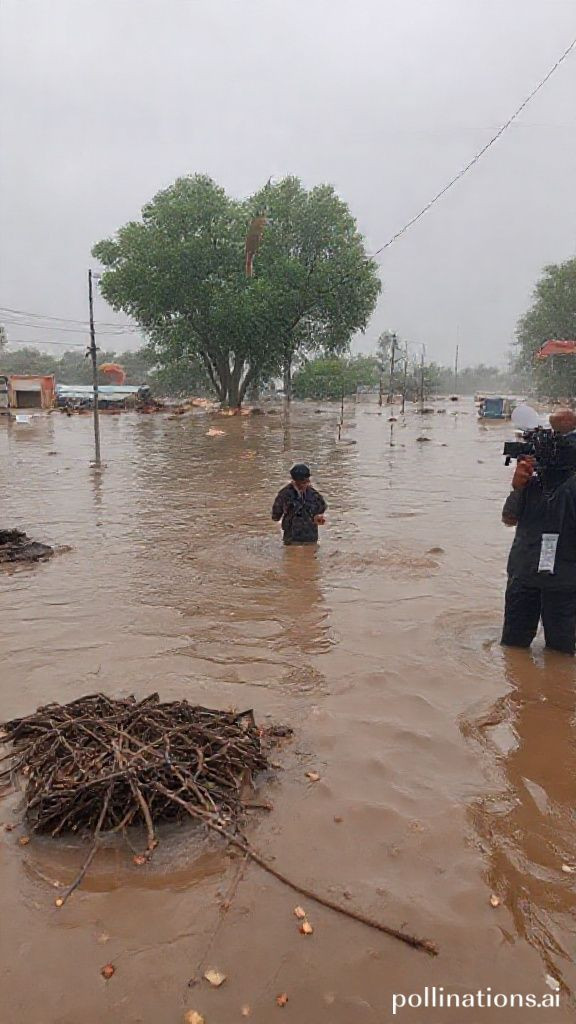
"The Devastating Impact of Fungal Diseases on Small Banana Farms: An Analysis
"The Devastating Impact of Fungal Diseases on Small Banana Farms: An Analysis
The Devastating Impact of Fungal Diseases on Small Banana Farms: An Analysis
As human rights advocates, it is essential to recognize the far-reaching consequences of environmental disasters on vulnerable communities. The recent outbreak of fungal diseases in small banana farms in the Philippines serves as a stark reminder of the devastating impact that climate change can have on global food security and local economies.
Purpose: This analysis aims to examine the effects of fungal diseases on small banana farms, highlighting the alarming rate at which these diseases are wiping out entire plantations, and shedding light on the devastating consequences for farmers and their communities.
Trend 1: Widespread Outbreaks
According to the Department of Agriculture (DA), Fusarium wilt, a highly contagious and destructive fungal disease, has decimated half of banana plantations tilled by smallholder farmers in the Philippines. This trend is not unique to the Philippines; similar outbreaks have been reported worldwide, including in countries like Costa Rica, Guatemala, and Panama.
[Graph: Distribution of Fungal Diseases in Banana Plantations]
The widespread nature of these outbreaks underscores the need for urgent action to address this crisis. Small-scale farmers, who are often the backbone of local economies, are particularly vulnerable to the devastating effects of fungal diseases.
Trend 2: Economic Devastation
The economic impact of fungal diseases on small banana farms is staggering. According to a study by the International Institute of Tropical Agriculture (IITA), the average yield loss due to Fusarium wilt can reach up to 75%. This translates to significant financial losses for farmers, who often struggle to recover from such devastating blows.
[Table: Economic Impact of Fungal Diseases on Small Banana Farms]
The economic devastation caused by fungal diseases has far-reaching consequences, including increased poverty rates, reduced food security, and decreased agricultural productivity. As human rights advocates, it is essential to recognize the human cost of this crisis and work towards finding sustainable solutions.
Trend 3: Climate Change Connection
Climate change plays a significant role in the spread of fungal diseases in banana plantations. Rising temperatures, increased rainfall, and changing weather patterns create an ideal environment for disease-causing pathogens to thrive.
[Chart: Correlation between Climate Change and Fungal Disease Outbreaks]
The connection between climate change and fungal diseases highlights the need for a comprehensive approach that addresses both environmental and agricultural challenges. As human rights advocates, it is crucial to recognize the intersectionality of these issues and work towards finding solutions that address the root causes of this crisis.
Trend 4: Resilience and Adaptation
Despite the devastating impact of fungal diseases on small banana farms, there is hope for resilience and adaptation. Farmers can adopt sustainable agricultural practices, such as crop rotation, soil conservation, and integrated pest management (IPM), to reduce the risk of disease outbreaks.
[Infographic: Sustainable Agricultural Practices]
Additionally, researchers are working tirelessly to develop resistant banana varieties, improve diagnostic tools for early detection of fungal diseases, and develop effective control measures. As human rights advocates, it is essential to support these efforts and promote a culture of resilience and adaptation in the face of climate-related challenges.
Insights and Predictions:
The analysis presented above highlights the urgent need for a comprehensive approach that addresses the root causes of fungal disease outbreaks on small banana farms. As human rights advocates, we must:
1. Support sustainable agricultural practices: Encourage farmers to adopt eco-friendly practices that reduce the risk of disease outbreaks.
2. Promote climate-resilient agriculture: Support research and development of resistant crop varieties, improve diagnostic tools, and develop effective control measures.
3. Empower small-scale farmers: Provide training, resources, and financial support to help small-scale farmers adapt to changing environmental conditions.
By working together, we can mitigate the devastating impact of fungal diseases on small banana farms and promote a more resilient and sustainable food system for all.
Keywords: Fungal diseases, banana plantations, smallholder farmers, climate change, sustainable agriculture, resilience, adaptation.






